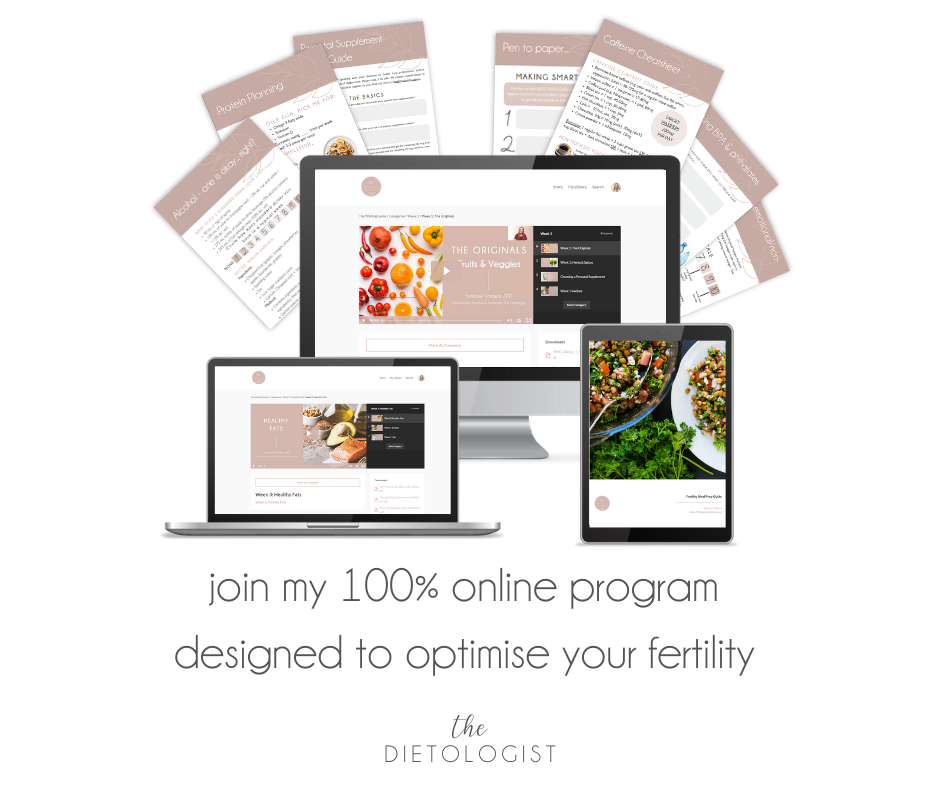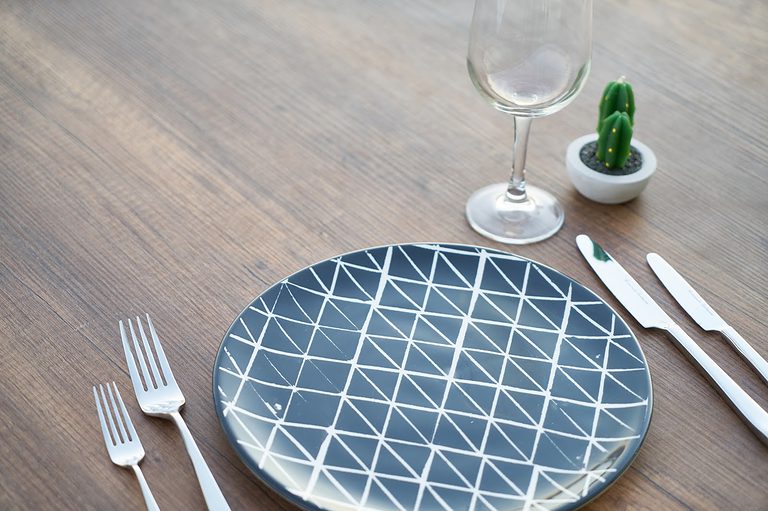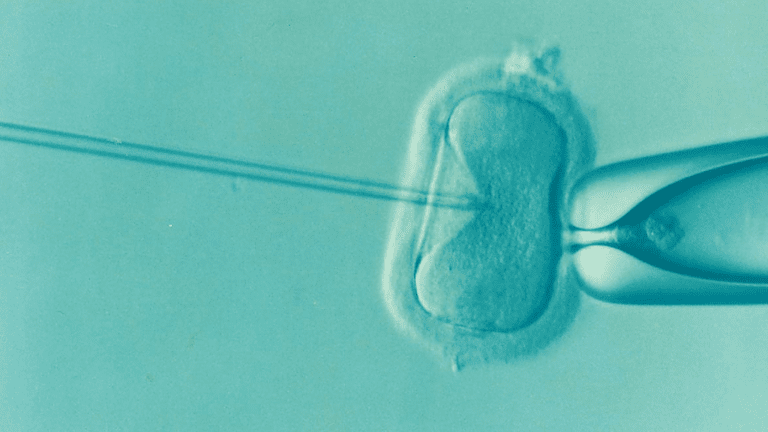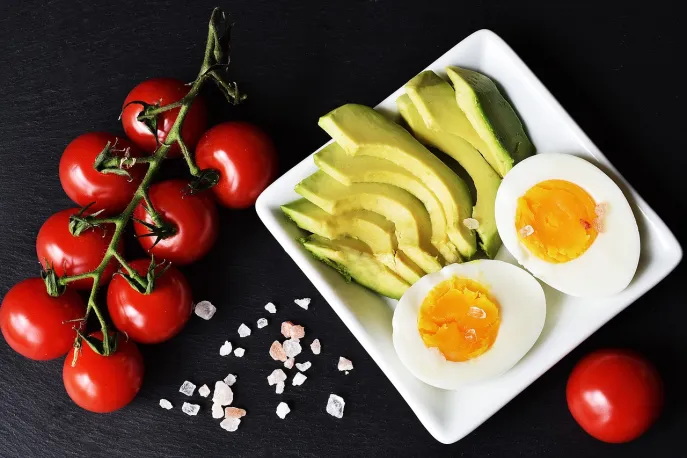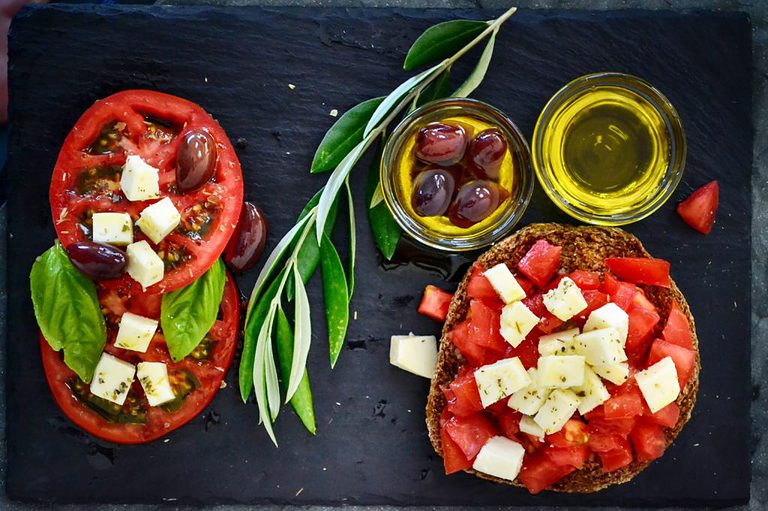For many of you across Australia and the globe, the COVID-19 pandemic has really thrown a spanner in the works when it comes to your fertility treatments and plans to start or grow your family.
Over the last few weeks, I have heard countless stories of heartbreak, frustration, and helplessness during this time as fertility treatments have come to a grinding halt for so many. After all, infertility is a medical condition that requires treatment to overcome.
I have been feeling so truly heartbroken for so many of the men and women whom I’ve spoken to, but I know there are so many more out there experiencing this too. It can already feel like time is not on your side, and now with no known start date in sight, it can be easy to feel completely at loss as to what to do now.

But… I just wanted to remind you that you CAN be doing something right now to push the needle forward when it comes to your fertility outcomes, for whenever all these restrictions are lifted.
Focus on your physical and mental health as a couple.
Many of the women I work with, lack the time and energy to really commit to lifestyle changes, and are always on the clock to get to the next cycle so they can get that baby in their arms sooner.
But now, you have the forced luxury of a little time, a forced pause.
Now is the time to make some lifestyle changes, build in some new habits into your daily life:
- Go for a walk every morning
- Meditate
- Start trying yoga
- Eat one more vegetable each day
- Kick the diet soft drink (or soda) habit
- Pull back a little on alcohol
- Shift your body composition
- Actually cook all your meals at home
Each day I am hearing from more and more women about how this time has helped them get closer to their goals, and they feel more prepared than EVER to be pregnant once they can go forward with IVF and other fertility treatments and investigations again.
What you eat and drink before you conceive matters!
Just 5 dietary changes can boost your fertility by up to 69% according to Harvard Health, and up to 80% for those of you who don’t ovulate.
Changing your diet before you conceive can affect egg and sperm quality, implantation, pregnancy rates and the health of your pregnancy and future child.
Read more about why pre-conception nutrition matters here.
Listen to my podcast on this topic below.
This is the time to commit to a change that you can ACTUALLY stick to, and I’m here to help you.
My 4-week online program, The Waiting Game, is back and here to stay! Get started today on enhancing your fertility nutrition and get access to 3-months of digital support from me! To find out more and to be part of the family visit courses.thedietologist.com.au
